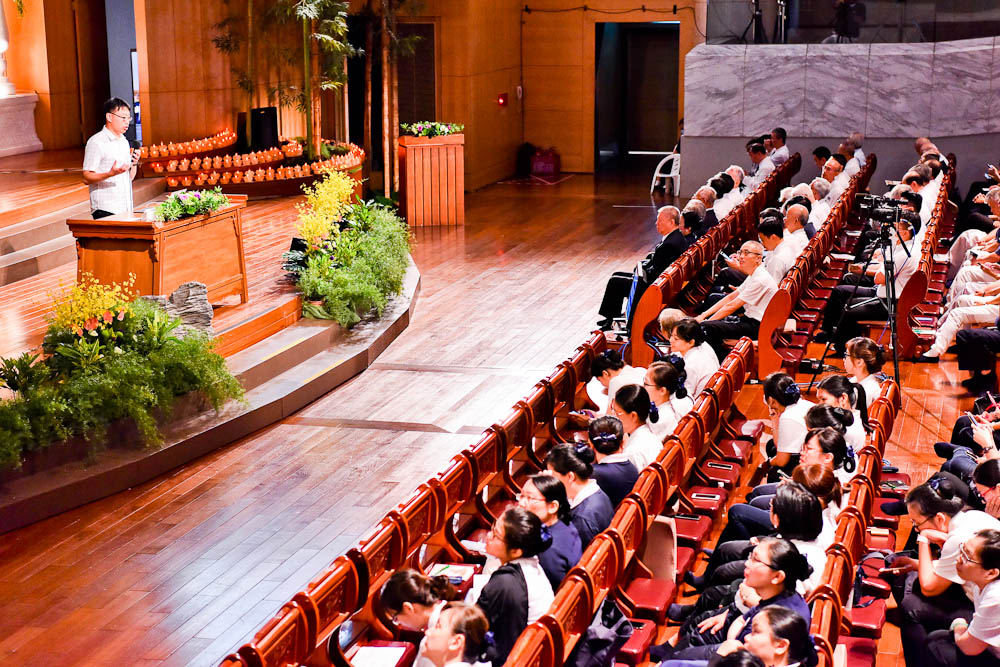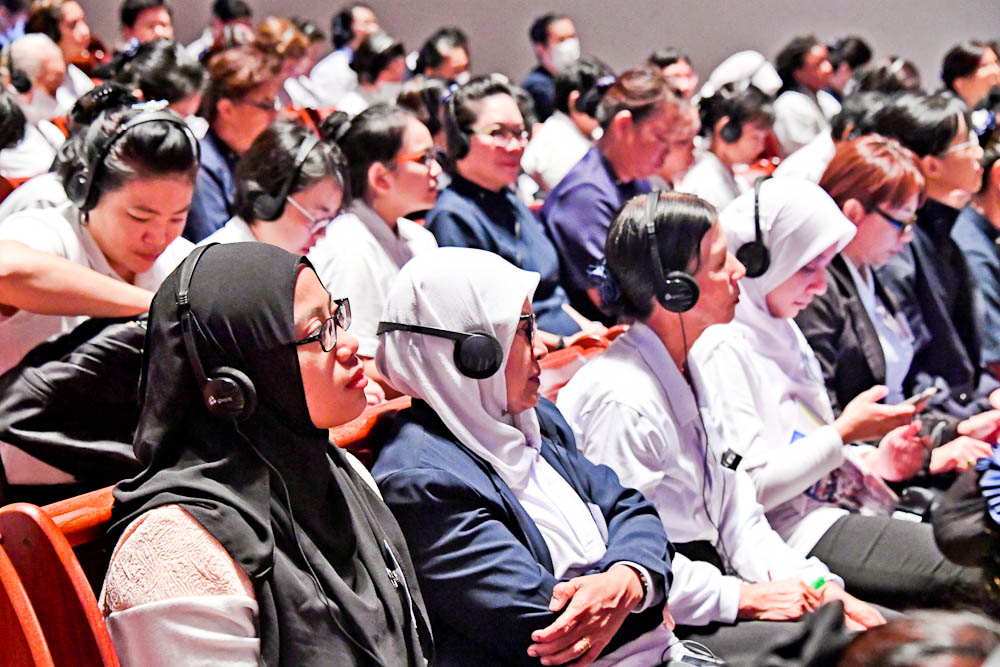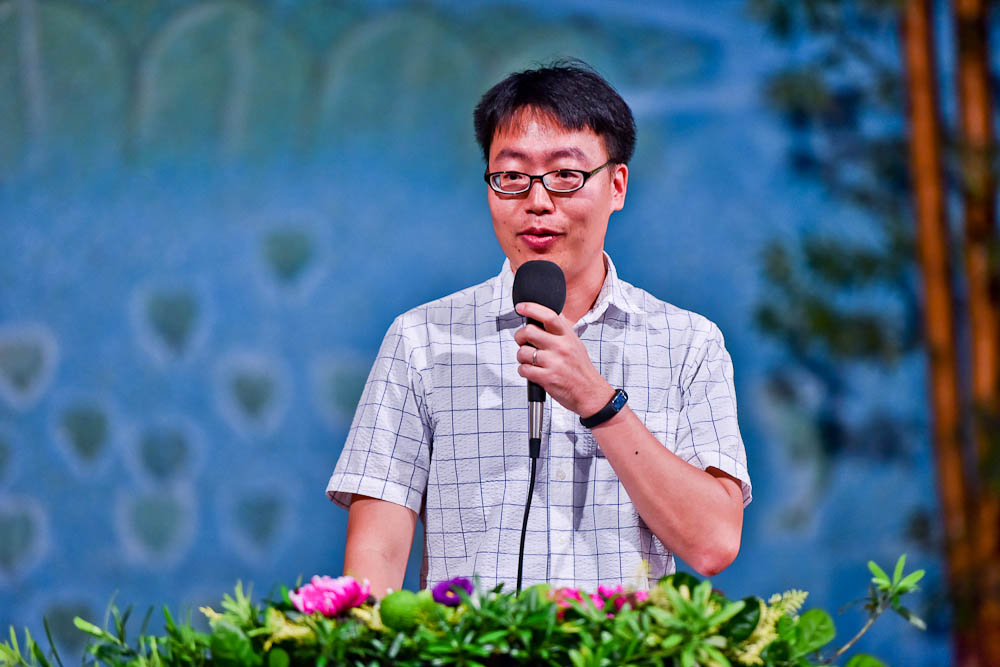Written by: Jodie Lee
On Sept. 12, Chief of Taiwan AI Labs (AILabs.tw) Lin Yin-Hung pointed out more and more hospitals using AI to detect phthisis symptom from X-ray and diagnose biopsy of cancerous lesion or retinopathy with microscope.
For instance, since 2018, American Food and Drug Administration (FDA) approved many AI application areas, Japan also plan to build 10 AI-based hospitals by 2022 to ease the doctor shortages. Taiwan is driving electronic medical record through National Health Insurance (NHI) card which can accelerate big data collecting for developing world class quality.
How can machine learn? At first, we refer to how human being learning, for example, parents will show the photo of an animal and describe its characters to their children, an elephant with big ears and long nose. We call this learning way is Feature Learning. Instead of teaching, we input lots of data about one animal into machine and it will do classification. After classification, the machine can recognize the animal of any picture you shown.
Will AI supersede doctors? AI only can provide results of diagnosis and related paper research data; these will assist for doctors’ assistants but will not replace doctors.
CEO of Tzu Chi Medical Foundation Dr. Lin Chin-Lon summarized: “At first, AI could not take the responsibility for the patient and the final decision will be made by doctors, Secondly, AI cannot provide comfort and care for the patients, but doctors can provide face to face consultation, as a sentient being. At the end, even AI defines there is 99% sensitivity in detecting cancer but still 1% false negative possibility as Mr. Lin Yin-Hung said.”
The topic of this year’s convention “compassion bearing wisdom, technology stemming from human love” will be the perfect commentary on this lecture.


